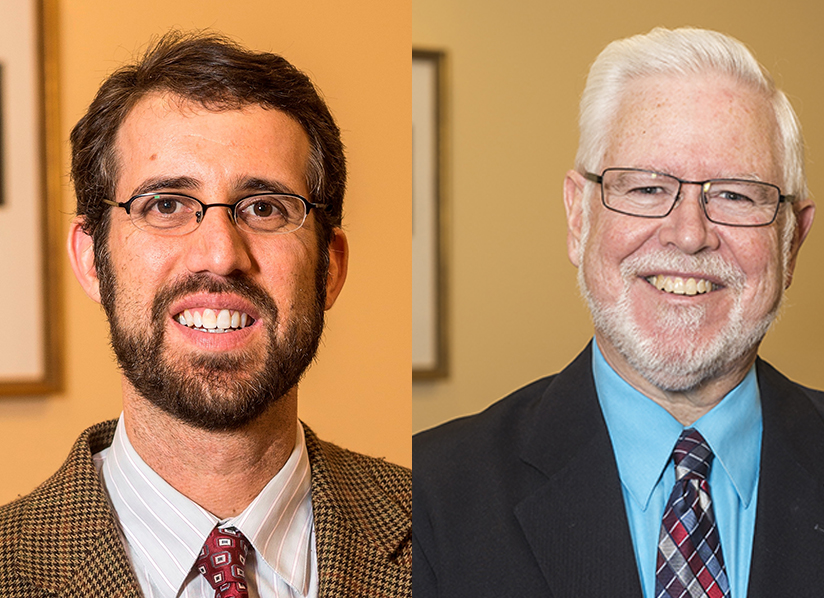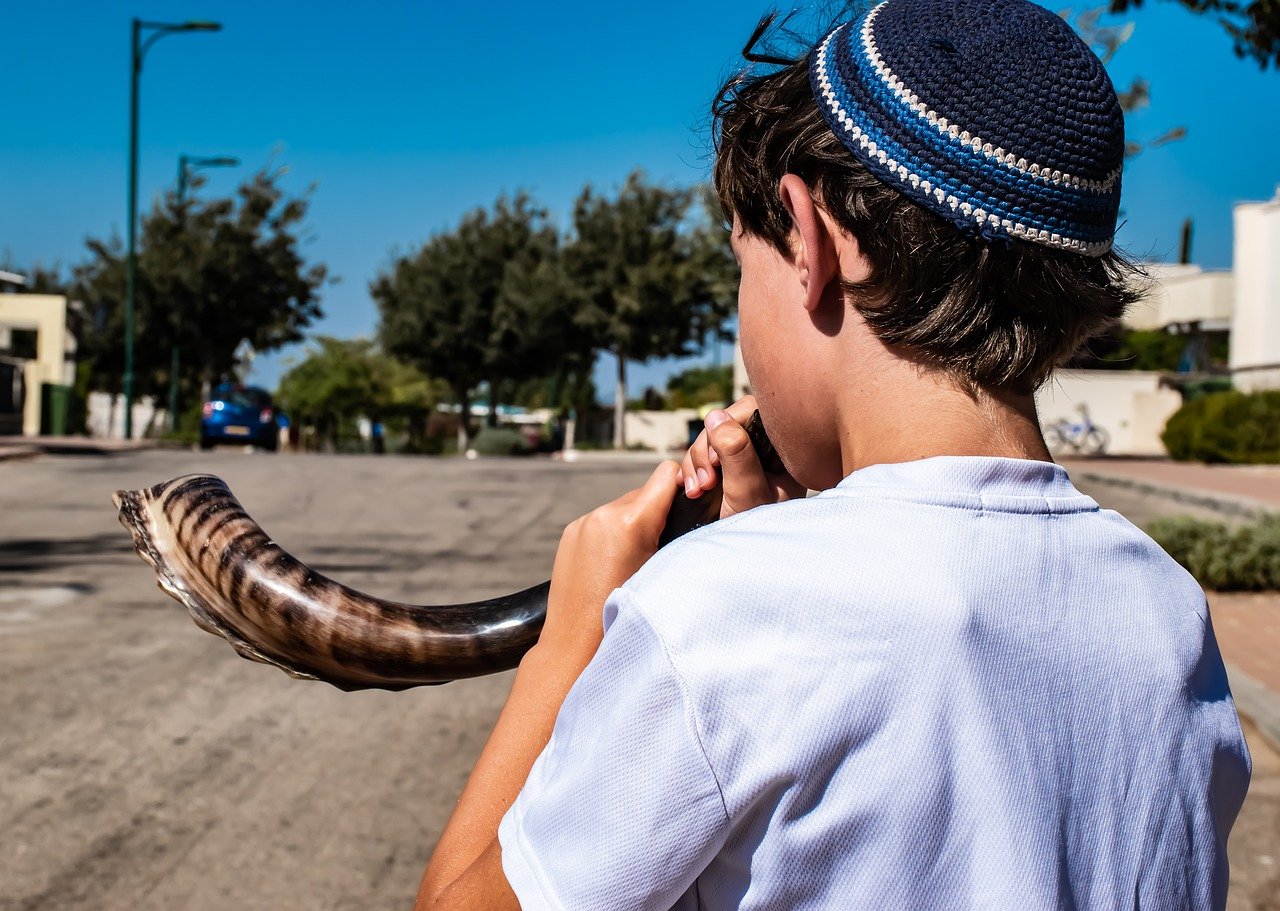Christians can find many familiar elements in the Jewish high holy days of Rosh Hashanah and Yom Kippur, said two local scholars.
Rosh Hashanah — which began this year on Monday evening and concludes at sunset on Sept. 8 — marks the Jewish New Year (now 5782), commemorating the creation of both the universe and Adam and Eve.
[hotblock]
Along with Yom Kippur (the “Day of Atonement”), Rosh Hashanah is part of the Yamim Noraim, or “Days of Awe.”
And while “the Catholic liturgical year does not have an exact cognate” with the annual series of observances, the holy days’ “themes of self-examination, making amends and being dedicated to God’s vision for the future are familiar to Christians as well,” said Philip Cunningham, co-director of the Institute for Jewish-Catholic Relations (IJCR) at Saint Joseph’s University.
Founded in 1967, the IJCR is the oldest university center of its kind in the U.S. created in response to the Second Vatican Council’s call for increased interfaith dialogue.

Professors Adam Gregerman (left) and Philip Cunningham (right) of the Institute for Jewish-Catholic Relations at Saint Joseph’s University note that Christians can find familiar themes in the Jewish high holy day observances. (CatholicPhilly.com composite photo/Saint Joseph’s University)
IJCR co-director Adam Gregerman said Rosh Hashanah is “a holiday of renewal and beginning,” but also “a time when one looks back, taking stock of one’s actions in the past year and, if necessary, making amends to those one has wronged and committing oneself to moral and spiritual improvement.”
The “two-fold nature of the holiday – looking toward the future, while reckoning honestly with the past – reflects a profound dialectic all humans face,” said Gregerman.
“We dwell in the present but are shaped by and accountable for our past, and despite our failures should hope even difficult or painful experiences can spur us to do better,” he said.
Rosh Hashanah “provides one model for doing this spiritual work, regardless of one’s religion, and recalls the rich Catholic tradition of spiritual exercises,” said Gregerman.
Cunningham noted that “Jewish observances do not end on Yom Kippur, the Day of Atonement,” which in 2021 will begin on the evening of Sept. 15 and end at sundown on Sept. 16.
The sacred season continues through the eight days of Sukkot (Sept. 20-27, 2021), which celebrate the fall harvest. Concluding this “Feast of Tabernacles” (also known as the “Feast of Booths”) is Simchat Torah — “Rejoicing in the Torah,” the first five books of the Bible — which will span the evenings of Sept. 28-29.
While the holiday “is probably the least familiar to Catholics,” Simchat Torah conveys an important and timely message, said Cunningham.
“Torah scrolls are brought forth and the community, young and old, often dances with them to celebrate the great blessing of God’s commandment to guide the Jewish people to holiness,” he said. “I believe that Catholics and other Christians have much to learn from the Jewish dedication to bringing the word of God to bear on everyday life, and on the challenges confronting humanity today.”
PREVIOUS: Labor Day celebrates ‘work of human minds and hands,’ says local priest
NEXT: Clergy assignments in Philadelphia announced




Share this story